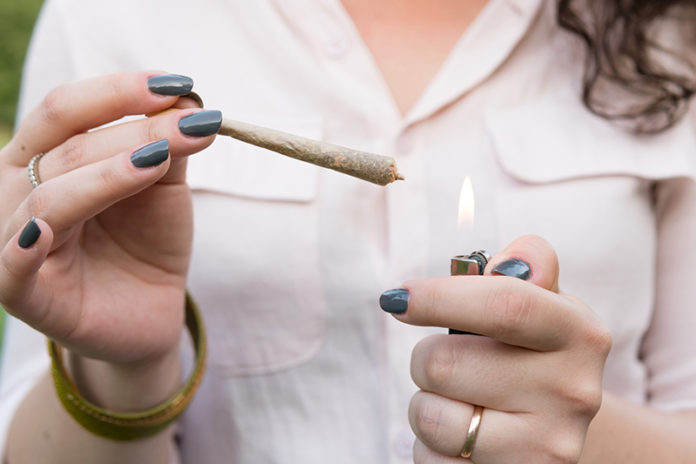Four years ago, Pennsylvania allowed patients suffering from any of 17 serious medical conditions to relieve their symptoms with marijuana. But there was a catch: If they used cannabis as a medicine, they could no longer legally drive.
Last week, the Pennsylvania House of Representatives approved a bill that would eliminate that legal disability by requiring evidence of impairment to convict medical marijuana patients of driving under the influence. That reform points the way to an overdue reevaluation of DUI laws that irrationally and unfairly punish cannabis consumers who pose no threat to public safety.
Thirty-three states have legalized medical marijuana, and 11 have taken the further step of allowing recreational use. The list is likely to grow next week when voters in five states will consider marijuana initiatives.
Even as pot prohibition continues to crumble across the country, many states are still treating sober cannabis consumers as if they were intoxicated. Under Pennsylvania’s current rule, any driver with a tiny amount of THC or an inactive metabolite in his blood (one nanogram per milliliter) is automatically guilty of DUI.
Eleven states are even stricter than Pennsylvania, making it illegal to drive with any amount of THC or its metabolites in your blood. Because those chemicals can be detected long after marijuana’s psychoactive effects have worn off, that “zero tolerance” policy is akin to prohibiting all drinkers from driving, even when they are sober.
Half a dozen states, including Pennsylvania, have “per se” laws that define DUI based on the concentration of THC in a driver’s blood, while one (Colorado) allows an inference of guilt when that level reaches five nanograms per milliliter. But these laws don’t make sense either.
Because THC, unlike alcohol, is fat-soluble rather than water-soluble, there is no clear or consistent relationship between THC in the blood and THC in the brain, which means THC blood levels do not correspond neatly to degrees of impairment. Complicating the situation further, individual responses to a given dose of THC vary widely, especially when you compare occasional marijuana users to regular consumers, who may develop tolerance to the drug’s effects or learn to compensate for them.
A 2016 study sponsored by the AAA Foundation for Traffic Safety concluded that “a quantitative threshold for per se laws” based on THC blood levels “cannot be scientifically supported.” That’s because, as the National Highway Traffic Safety Administration explained in a 2017 report to Congress, the concentration of THC in a driver’s blood “does not appear to be an accurate and reliable predictor of impairment.”
The Congressional Research Service concurred in a 2019 report. “Using a measure of THC as evidence of a driver’s impairment is not supported by scientific evidence,” it said.
Thirty-two states recognize that THC in a driver’s blood is not enough to prove impairment.
They require additional evidence, such as erratic driving or physical and behavioral signs of intoxication.
The Pennsylvania bill would adopt that standard for medical marijuana patients, although it really should be extended to all cannabis consumers because the validity of a per se rule does not depend on an individual’s reasons for using the drug. The marijuana legalization initiative on Arizona’s 2020 ballot takes the latter approach, replacing that state’s current zero tolerance standard, which already makes an exception for medical use.
Even states that have legalized marijuana for all adults 21 or older do not necessarily have rational DUI laws. Illinois, Nevada and Washington make drivers automatically guilty at THC blood levels that regular consumers commonly exceed even when they are not impaired, while Michigan still has a zero tolerance law that treats any amount of THC as conclusive DUI evidence.
Although zero tolerance and per se laws were presented as traffic safety measures, they are really just another way of punishing people for defying the ban on marijuana. When that ban is lifted, such laws are an indefensible hangover from an unjust prohibitionist regime that was rightly abandoned.































